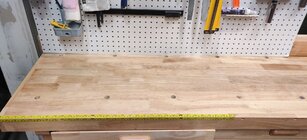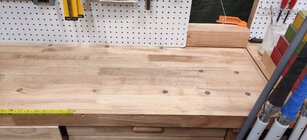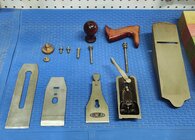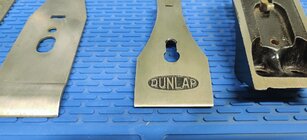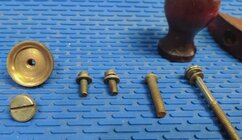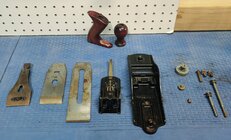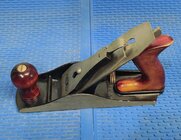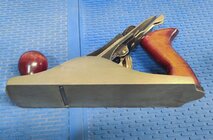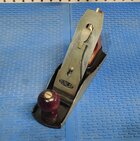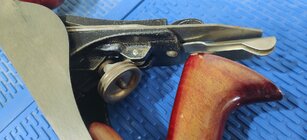This joint is cut across the grain and would be extremely difficult to do with hand tools. The dado would require a plow plane with scoring cutters on both sides and then it would still be a very rough cut on those end grain sides.
Hand cut dovetails would be much more doable, better looking and there is a multitude of info on the process available.
Dovetails is something I'd like to do eventually. I've never made boxes, outside of turned ones. So I was figuring I'd start simple. The rabbet joint I was thinking only for the sides to base joints. Then a 45 degree joint for the sides...but, maybe also with say a notch cut and filled with an alternative wood (i.e. if it was a maple box, maybe use a couple pieces of thin walnut on each vertical joint to add something more interesting). I know simple 45 degree joints on their own aren't particularly strong, but with additional pieces going across the grain and glued into notches, that should strengthen them. Not as good as a nice dovetail joint, but for a first box I figured I'd start a little simpler.

